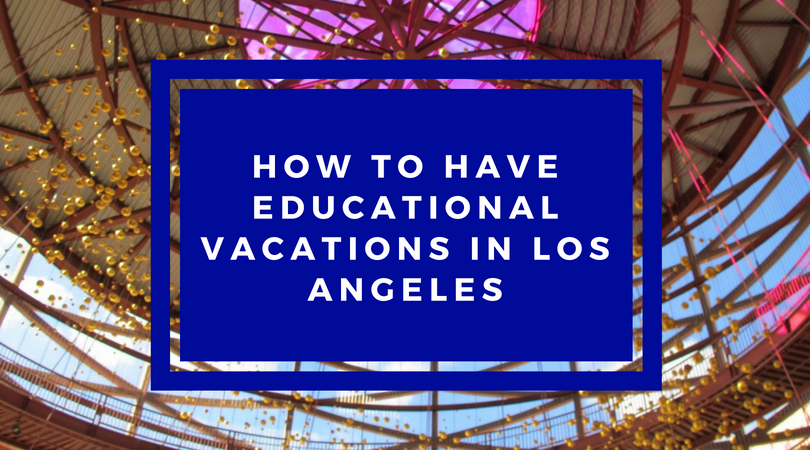Educational vacations for adults represent a fascinating blend of leisure and learning, offering enriching experiences that go beyond traditional tourism. These journeys cater to a diverse audience seeking personal growth, professional development, or simply a deeper understanding of the world around them. Whether it’s exploring ancient ruins in Rome, mastering culinary techniques in Tuscany, or volunteering in a remote community, these vacations provide unique opportunities for self-discovery and intellectual stimulation.
This guide delves into the various aspects of educational vacations for adults, from defining their core characteristics and exploring diverse types to outlining planning strategies and highlighting future trends. We’ll examine the benefits and challenges, providing a comprehensive overview to help you decide if this type of travel aligns with your aspirations.
Defining Educational Vacations for Adults
Educational vacations for adults, also known as learning vacations or educational travel, represent a unique blend of leisure and learning. These trips prioritize enriching experiences that expand knowledge, skills, or perspectives, while simultaneously offering opportunities for relaxation and exploration. They differ significantly from purely leisure-based travel by integrating structured learning components into the itinerary.
Educational vacations are characterized by a focus on purposeful engagement with a specific topic or area of interest. This focus is reflected in the itinerary, which often includes guided tours, workshops, lectures, or hands-on activities led by experts in the field. The emphasis is on active participation and interaction, fostering deeper understanding and retention compared to passive observation during typical vacations.
Diverse Learning Experiences in Educational Vacations
The breadth of learning experiences offered in educational vacations is remarkably diverse. Participants can choose from a wide array of subjects, ranging from historical explorations of ancient civilizations to intensive culinary courses in renowned gastronomic regions. For instance, a history buff might embark on a guided tour of Roman ruins in Italy, including lectures by archaeologists and visits to significant historical sites. Alternatively, an aspiring photographer could join a workshop in Tuscany, focusing on landscape photography techniques and receiving personalized feedback from a professional. Other examples include learning about winemaking in Napa Valley, studying birdwatching in Costa Rica, or taking a yoga retreat in Bali. These varied options cater to a wide spectrum of interests and learning styles.
Comparison of Educational Vacations and Traditional Leisure Travel
While both educational vacations and traditional leisure travel involve travel and exploration, their primary objectives differ significantly. Traditional leisure travel prioritizes relaxation, recreation, and personal enjoyment, often focusing on sightseeing and experiencing new cultures in a less structured manner. Educational vacations, conversely, prioritize structured learning and skill development, incorporating planned educational activities into the itinerary. This difference is reflected in the pace of the trip, with educational vacations often including a more rigorous schedule of activities compared to the more relaxed pace of traditional leisure travel. The emphasis on structured learning and interaction with experts distinguishes educational vacations from simple sightseeing trips.
Target Audience for Educational Vacations
The target audience for educational vacations encompasses a broad range of adults seeking personal enrichment and intellectual stimulation. This includes professionals seeking to expand their knowledge base or acquire new skills relevant to their careers, retirees exploring new passions, and individuals simply desiring a more enriching and engaging travel experience. Many educational vacations cater to specific age groups or interests, offering tailored programs that meet the unique needs and preferences of their target audience. For example, some programs focus on active adults seeking physically demanding activities combined with learning, while others target a more mature audience with a focus on historical exploration or cultural immersion. The flexibility and diversity of offerings ensure a wide appeal across various demographics.
Final Thoughts
Ultimately, educational vacations for adults offer a powerful way to combine personal enrichment with the joys of travel. By thoughtfully planning your journey and choosing a program that resonates with your interests, you can unlock a wealth of knowledge, skills, and unforgettable memories. Whether you’re seeking professional advancement, personal growth, or simply a unique travel experience, embracing the concept of an educational vacation promises a rewarding and transformative adventure.

